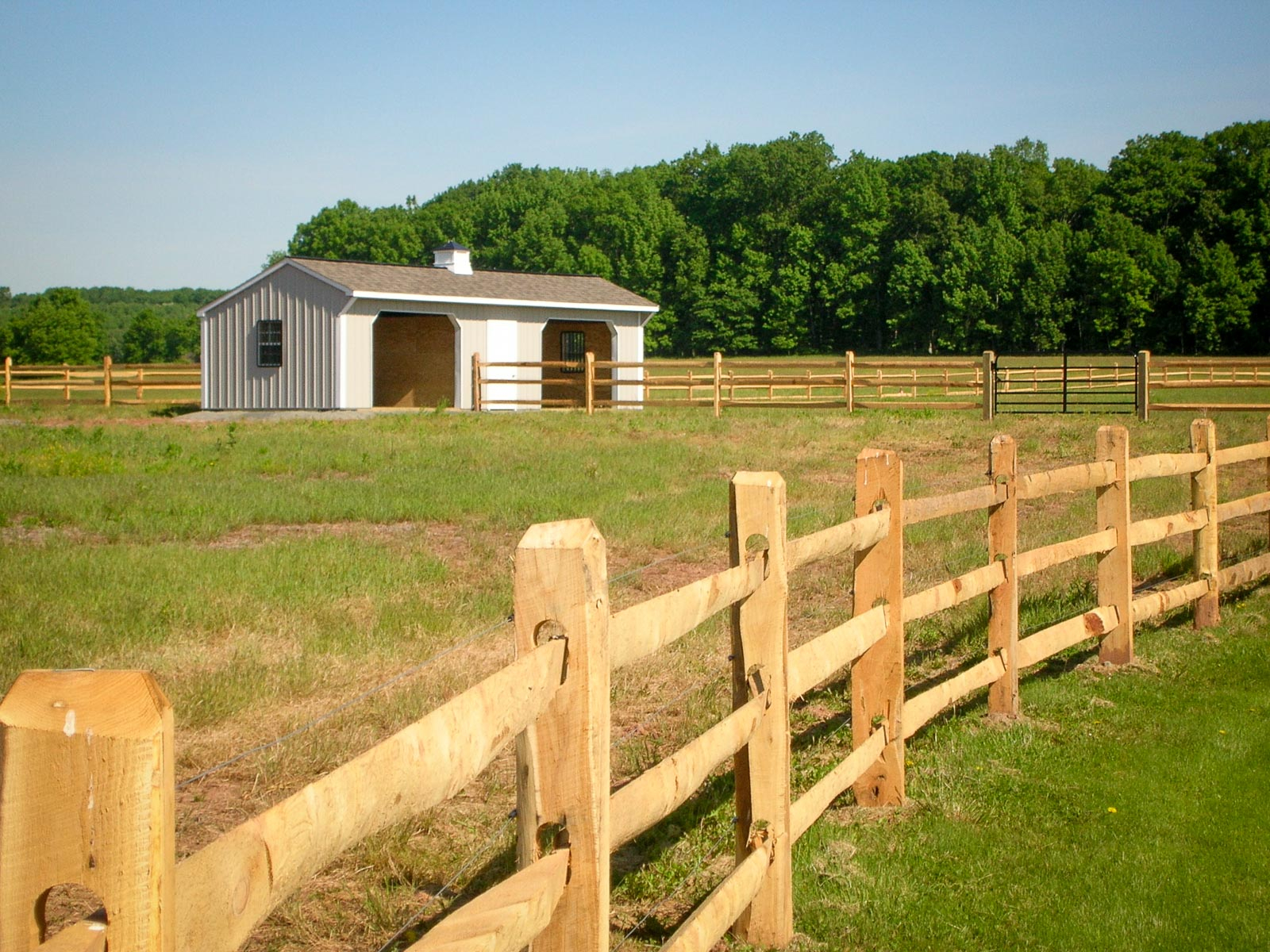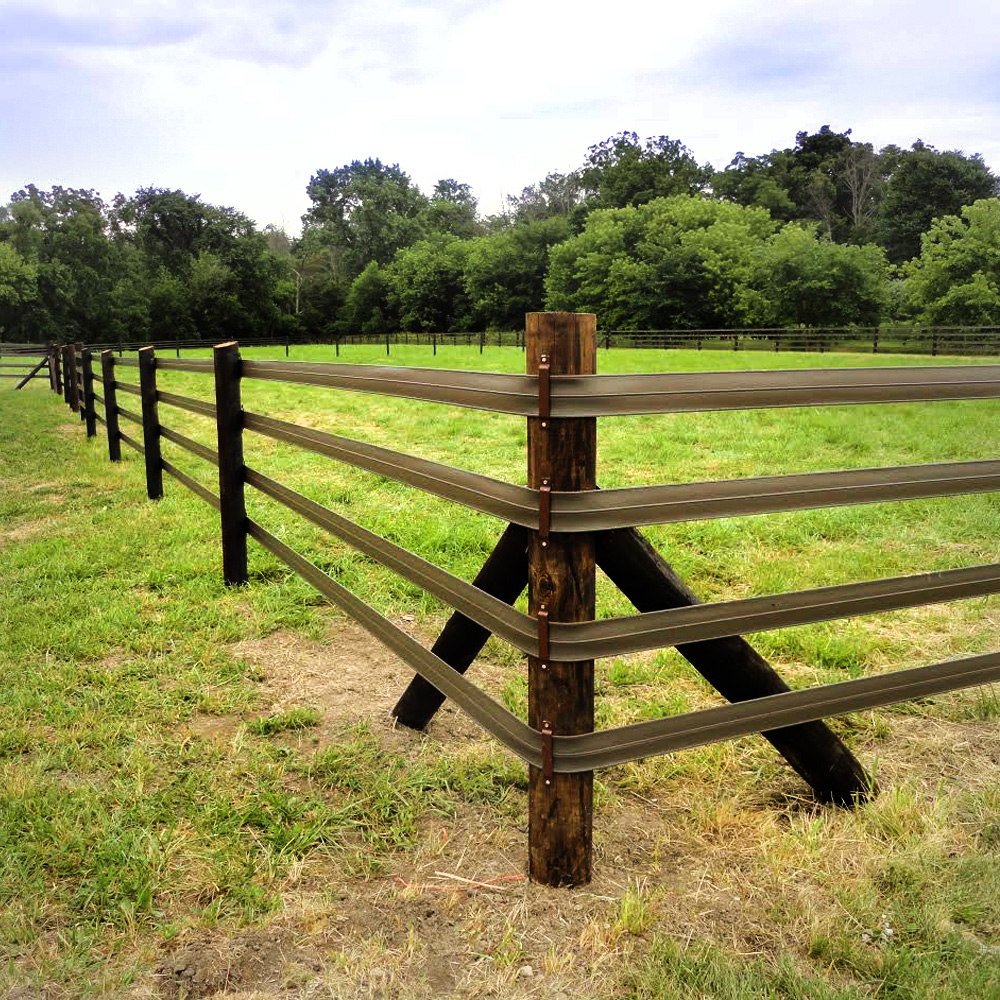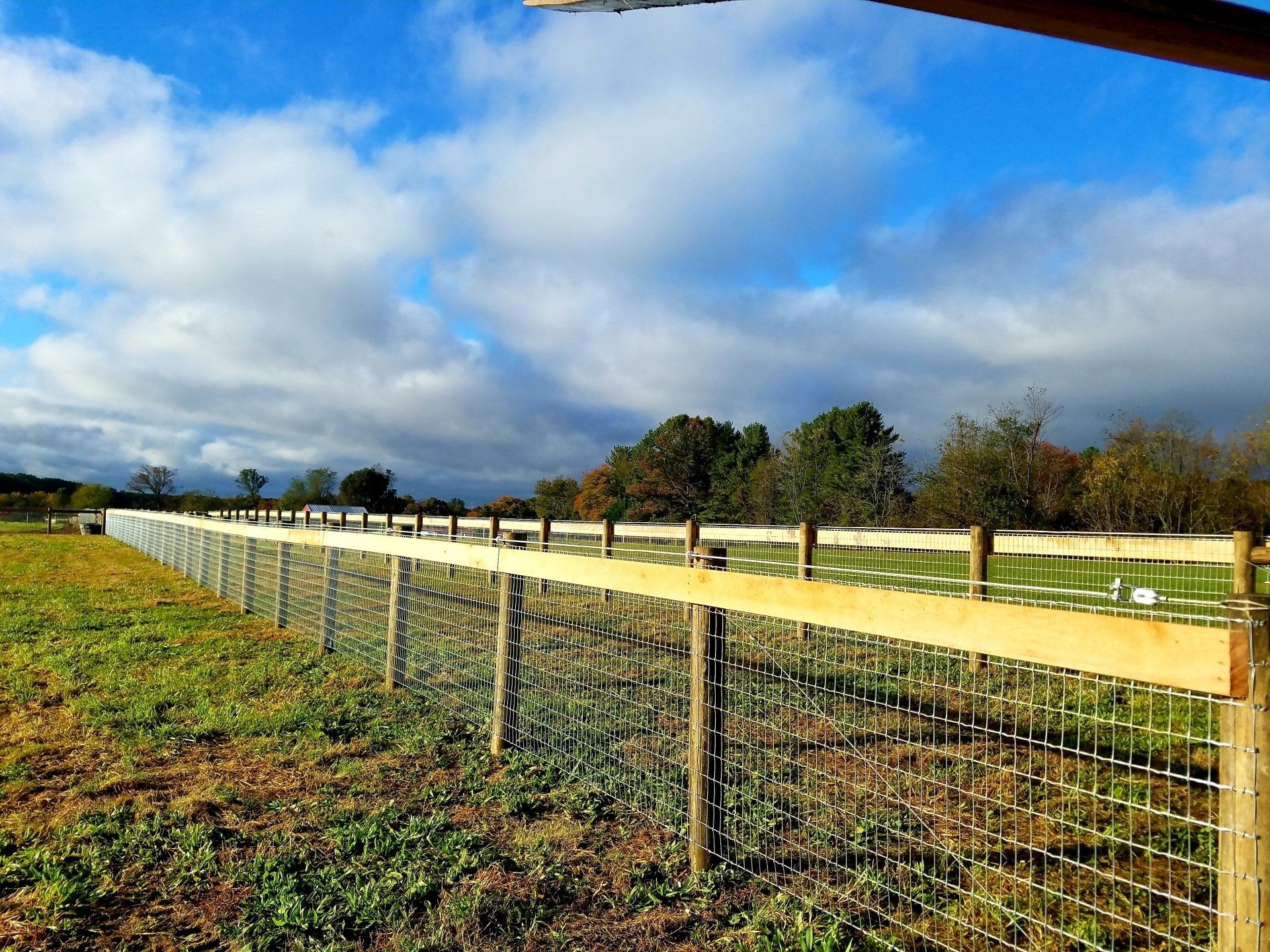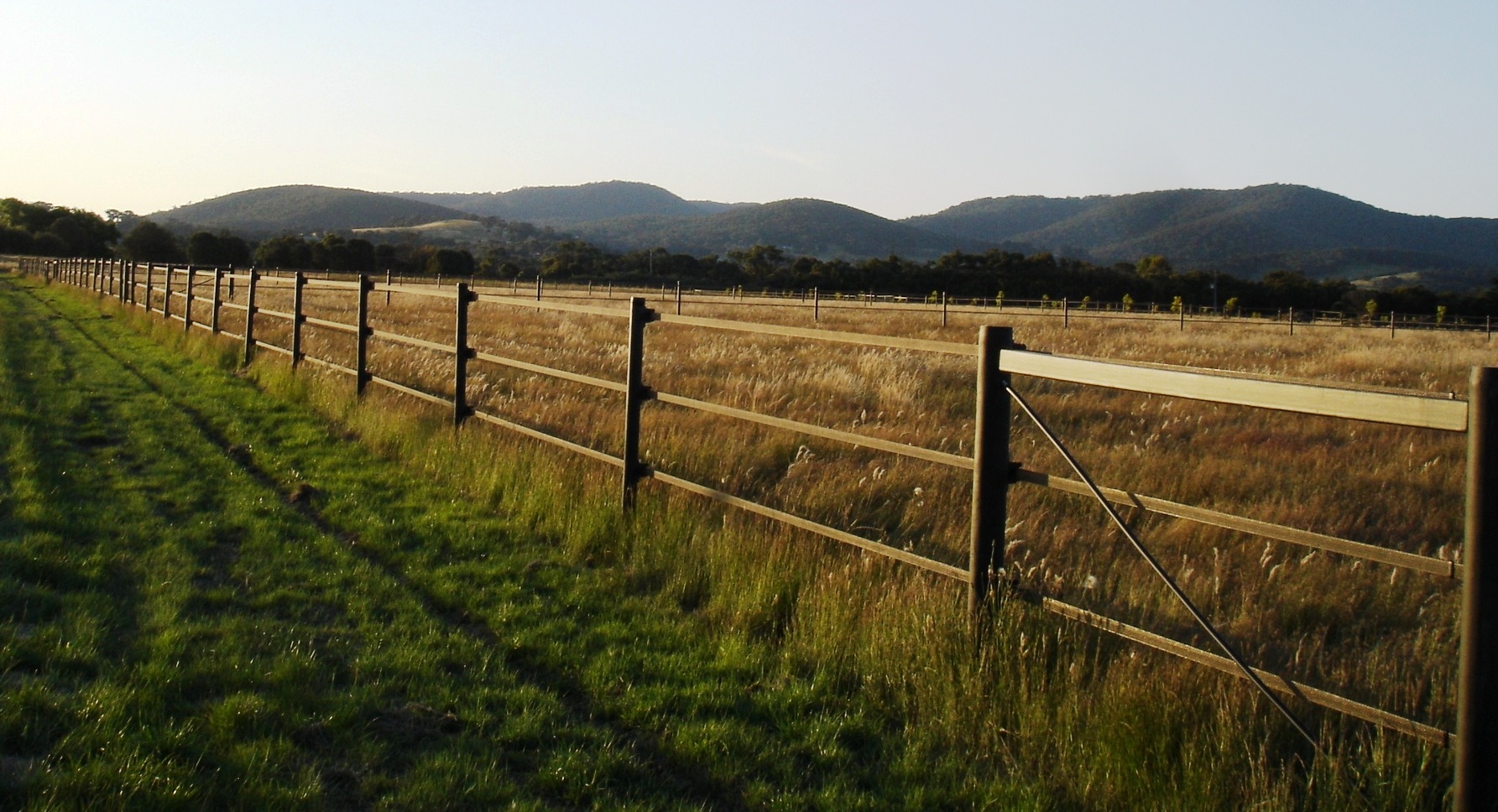
Introduction
Horse fencing plays a crucial role in ensuring the safety and security of our beloved equine friends. Whether you own a ranch, a stable, or simply have a few horses on your property, choosing the right type of horse fencing is essential. In this article, we will explore the various options available, their benefits, and how they can help you create a safe and comfortable environment for your horses.
Types of Horse Fencing

When it comes to horse fencing, there are several options to choose from. Each type has its own unique advantages and considerations. Let's take a closer look at some popular choices:
1. Wooden Fences

Wooden fences are a traditional and aesthetically pleasing choice for horse owners. They provide a solid barrier, are relatively easy to install, and can be customized to match the overall look of your property. However, regular maintenance, such as painting or staining, is required to ensure their longevity.
2. Vinyl Fences

Vinyl fences offer durability and low maintenance. They are resistant to weather conditions, rot, and fading. Additionally, vinyl fences are available in various styles and colors, allowing you to choose the one that best suits your preferences. It is important to note that vinyl fences can be more expensive upfront compared to other options.
3. Electric Fences

Electric fences are an effective option for controlling and containing horses. They work by providing a mild electric shock when the horse comes into contact with the fence. This helps train horses to respect the boundaries and prevents them from leaning, pushing, or chewing on the fence. However, proper installation and regular maintenance are necessary to ensure their efficiency.
4. Mesh Fences

Mesh fences, also known as wire fences, offer a cost-effective solution for horse owners. They are durable, easy to install, and provide good visibility. Mesh fences come in various heights and configurations, making them suitable for different horse breeds and sizes. However, it is important to choose a mesh fence with small enough gaps to prevent horses from getting their hooves or heads caught.
5. Pipe and Cable Fences

Pipe and cable fences combine the strength of steel pipes with the visibility of cables. They offer a sturdy and secure option for containing horses while maintaining good visibility. Pipe and cable fences require professional installation to ensure their stability and safety.
Factors to Consider

When choosing the right horse fencing, it is important to consider several factors to ensure the safety and well-being of your horses:
1. Horse Behavior

Understanding the behavior of horses is crucial in determining the type of fencing suitable for your needs. Some horses may be more prone to leaning, pushing, or attempting to jump over fences. Taking their behavior into account will help you select a fencing option that can withstand their antics.
2. Location and Terrain

The location and terrain of your property play a significant role in choosing the right horse fencing. If you reside in an area with harsh weather conditions, you might need a more durable and weather-resistant option. Additionally, uneven or rocky terrain may require special installation techniques.
3. Maintenance

Consider the level of maintenance you are willing to undertake for your horse fencing. Some options, like wooden fences, require regular upkeep, such as painting or staining, to protect them from rotting or warping. If you prefer a low-maintenance solution, vinyl or electric fences may be more suitable.
Conclusion
Investing in the right horse fencing is essential for the safety and security of your horses. By considering factors such as horse behavior, location, and maintenance requirements, you can select the most suitable option for your needs. Whether you choose wooden, vinyl, electric, mesh, or pipe and cable fencing, ensuring the well-being of your equine friends will provide you with peace of mind.